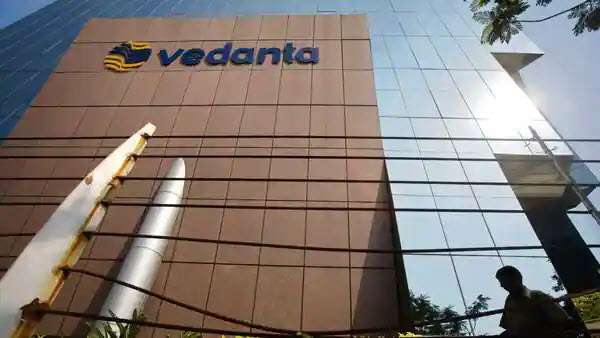
Companies are aiming to recalibrate their businesses to not only get closer to their net zero-emission goals but also to tap into newer pools of capital and shore up valuations to attract investors in these reorganized entities while enhancing shareholder value, as calls for them to become environment friendly get louder.
In the past month alone, Vedanta Ltd, Reliance Industries Ltd (RIL) and JSW Energy have started moving in a new direction.
Vedanta’s restructuring may include a demerger and subsequent listings of the aluminum, iron, and steel, and oil and gas businesses as standalone entities, while RIL is transferring the company’s gasification assets to a wholly-owned unit. JSW Energy is housing its green energy business in a new wholly-owned unit, JSW Neo Energy Ltd (JSWNEL), while keeping the thermal business as part of the main company. The green business is expected to contribute more than 62% of JSW’s earnings before interest, taxes, depreciation and amortization (Ebitda).
“The last decade has been certainly eventful with financiers, investors, and the society starting to demand transparency as well as comparability and reliability of environmental, social and governance (ESG) performance. These demands are nudging organizations to tell the whole story of their value and true impact on society,” said Inderjeet Singh, director, Deloitte India. “The access to green capital through dedicated ESG funds are triggering a recalibration of businesses towards an integrated outlook,” he said.
At the COP-26 summit, India announced its target of reaching net zero emission by 2070 and achieving 500 GW of non-fossil fuel energy capacity by 2030. India’s installed renewable energy capacity, excluding large hydropower projects, crossed 100 GW in August. India currently ranks fourth globally by installed renewable energy capacity, fifth in solar, and fourth in wind. Certain sectors such as aviation, maritime, energy-intensive manufacturing and conventional energy production depend on third-party technological know-how and may find it more complex to improve some aspects of their business such as specific energy consumption or environmental footprint, according to analysts. Other sectors can, however, quickly implement off-the-shelf solutions for their transition, they said.
Most Indian companies have announced intention to be net zero by 2035-2050, but experts said this needs a deeper inbound approach than carbon neutrality, which allows purchasing offsets. The biggest challenge will not just be around the access to technology but also around cost-effective access to technologies.
“Company managements are faced with two choices—adapt and voluntarily change, or be forced to change. The forced change may come through regulatory changes, changing business conditions or through investors (access to capital, cost of capital),” said Ruchit Mehta, fund manager, SBI Mutual Fund. “There are also opportunities in this transition from newer markets to reduce the cost of capital, which can materially enhance shareholder value,” Mehta said.
kalpana.p@livemint.com
